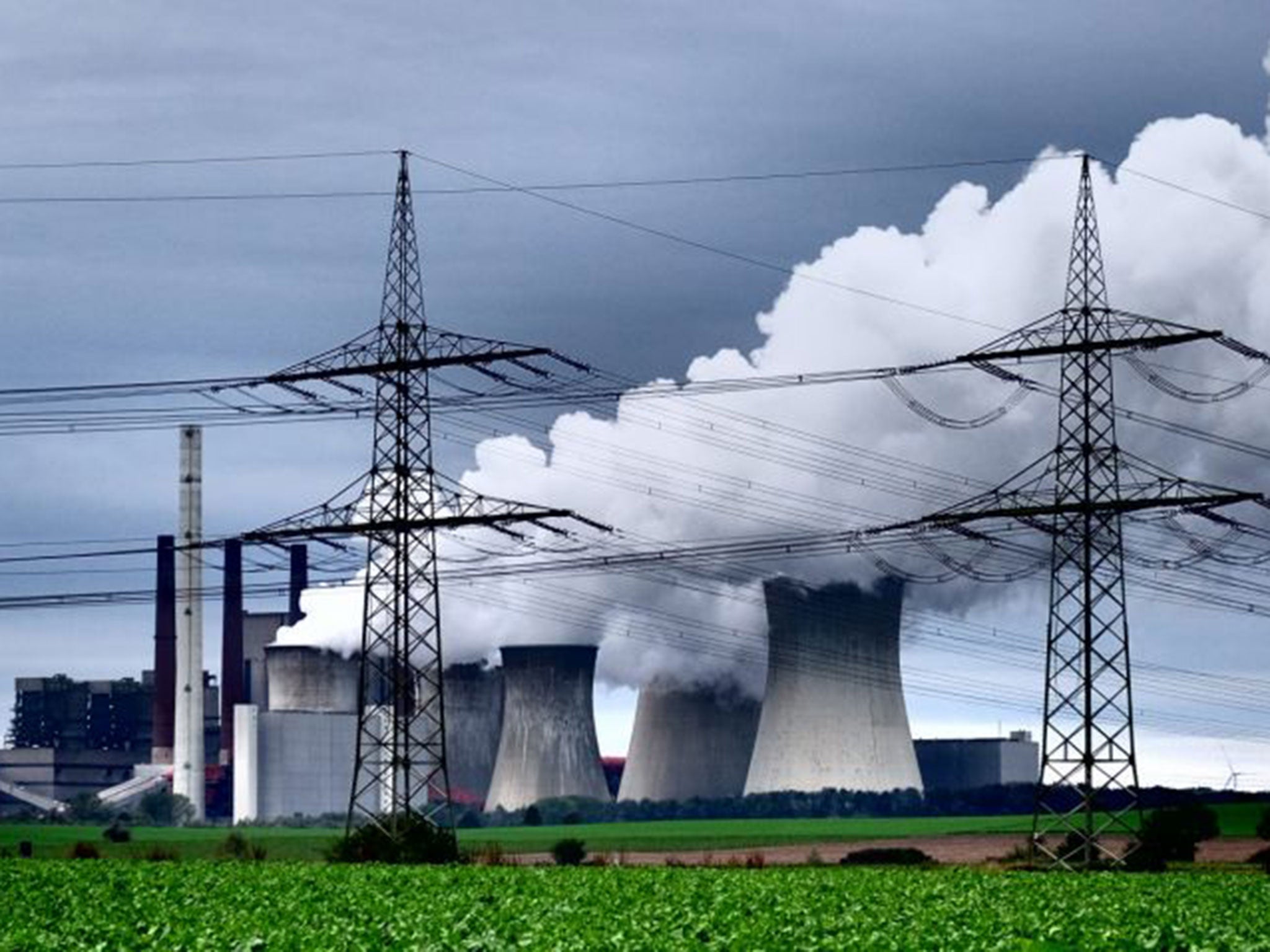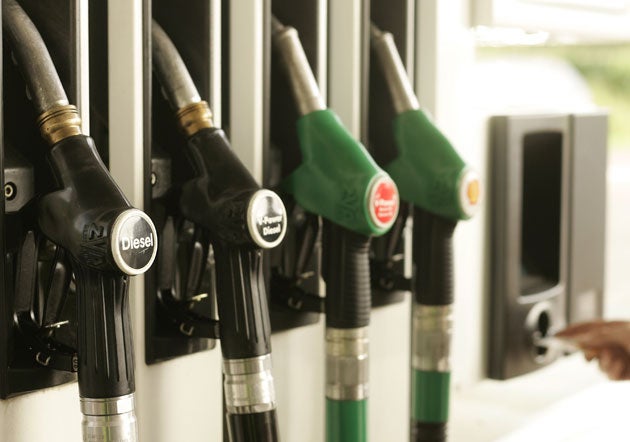Climate change: Carbon trading edges closer as UN brokers deal
Countries and multinationals sign up to charging scheme designed to tackle climate change

Your support helps us to tell the story
From reproductive rights to climate change to Big Tech, The Independent is on the ground when the story is developing. Whether it's investigating the financials of Elon Musk's pro-Trump PAC or producing our latest documentary, 'The A Word', which shines a light on the American women fighting for reproductive rights, we know how important it is to parse out the facts from the messaging.
At such a critical moment in US history, we need reporters on the ground. Your donation allows us to keep sending journalists to speak to both sides of the story.
The Independent is trusted by Americans across the entire political spectrum. And unlike many other quality news outlets, we choose not to lock Americans out of our reporting and analysis with paywalls. We believe quality journalism should be available to everyone, paid for by those who can afford it.
Your support makes all the difference.The world is on the brink of enlisting market forces in the fight against climate change on a truly global scale for the first time, United Nations officials have claimed.
After years of opposition, hundreds of the world’s major companies and investment firms – including several oil giants – have agreed that there should be a charge for the damage done to the planet by greenhouse gases.
This means that an international carbon market – in which companies buy and sell the right to produce harmful emissions – is now close to becoming a reality.
Even China, the world’s biggest polluter, plans to set up a carbon pricing system next year.
It is hoped that market forces will inevitably drive down the level of greenhouse gases as money flows from companies that produce emissions to those that reduce them, such as renewable energy firms.
Georg Kell, executive director of UN Global Compact, the body’s initiative to get firms to adopt sustainable policies, said the recent conversion of much of the business world was hugely significant.
“This is a breakthrough as usually business blocks climate action on a national level,” he said yesterday. “For the first time, the private sector has argued in favour of pricing externalities. Polluters are making the case to be charged.”
“Externalities” is the word used by economists to describe things that are outside, or not priced by, the free market. For example, the health costs associated with air pollution from car exhausts are currently borne by tax-payers, not by polluters.
“Not pricing pollution and carbon emissions is the biggest market distortion in human history,” Mr Kell said. According to him, China’s decision to introduce carbon pricing would create significant business opportunities. “China is putting in place a national pricing system for carbon next year. This will be the biggest carbon market,” he added.

Speaking on the sidelines of a meeting of senior executives from pension funds, major banks and institutional and sovereign wealth funds in Copenhagen, Ban Ki-moon, the UN Secretary General, stressed the importance of a global system.
“The United Nations cannot do it alone. No country can do it alone. We have to combine our resources and ambitions, particularly together with business communities,” he said. And carbon pricing, he stressed, was “one of the most powerful tools available for reducing emissions and generating sustainable development and growth”. “The Global Compact has helped generate a major shift in corporate mindset in just one decade,” Mr Ban added.
So far, 74 countries, including the EU, China and Russia, but not the US, Canada, Japan or Australia, and 1,000 businesses – from oil firms BP and Statoil to giant corporations such as Coca-Cola, Nestlé and Unilever – have signed up to a UN declaration in support of carbon pricing.
And a group of 354 major institutional investors, such as BlackRock, the BT Pension Scheme, the Rockefeller Brothers Fund and Rothschild & Cie Gestion, have also agreed to call on governments to “provide stable, reliable and economically meaningful carbon pricing that helps redirect investment commensurate with the scale of the climate change challenge”. Collectively, they handle about £15trn in assets – more than the United States’ GDP.
The EU currently runs the world’s biggest carbon-trading scheme, which means there are limits on about 45 per cent of total emissions from the 28 member states, plus Iceland, Liechtenstein and Norway. More than 11,000 power stations and manufacturing plants and most flights are covered. Under the system, companies that emit greenhouse gases can buy credits from “emission-saving projects around the world”. They can be fined if they fail to get enough allowances to cover their emissions.
However, it has been criticised for failing to produce significant results, partly because the price set for emitting a ton of carbon, which is supposed to reflect the damage to the environment, was too low. It remains to be seen whether the Chinese scheme will be more rigorous.
And there is still a long way to go to wean humanity off carbon. According to the International Energy Agency, 82 per cent of the world’s energy is still produced by fossil fuels. But Mr Kell said there were optimistic signs that this could be about to change. “The world is longing for solutions,” he said.
Join our commenting forum
Join thought-provoking conversations, follow other Independent readers and see their replies
Comments